Neuroscience
-
 Science & Society
Science & SocietySeeking a panacea in the gut’s microbiome
Editor in Chief Nancy Shute discusses the potential role of the gut microbiome in Parkinson's disease and one reporter's connection to the story.
By Nancy Shute -
 Neuroscience
NeuroscienceZaps to a certain spot in the brain may ease depression
When implanted electrodes stimulated a brain region just behind the eyes, people’s spirits were raised immediately.
-
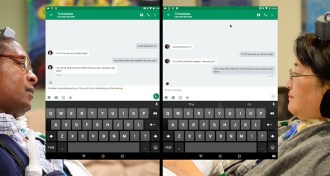 Neuroscience
NeuroscienceBrain implants let paralyzed people use tablets to send texts and stream music
People with paralysis could control commercially available tablets with their brain activity, researchers show.
-
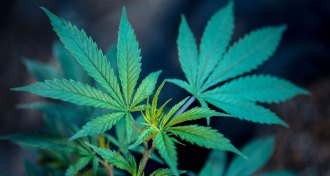 Neuroscience
NeuroscienceMarijuana may change the decision-making part of teen brains
A marijuana-like drug given to male rats during adolescence changed the structure of their brains.
-
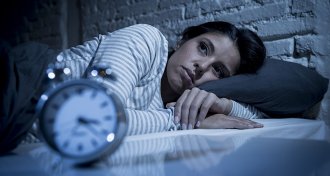 Neuroscience
NeuroscienceA lack of sleep can induce anxiety
Pulling an all-nighter induced anxiety in healthy people, a recent study finds.
-
 Neuroscience
NeuroscienceLoneliness is bad for brains
Social isolation shrinks nerve cells in the brains of mice, a new study shows.
-
 Science & Society
Science & SocietyScreen time to heal, and perhaps to harm
Editor in Chief Nancy Shute reflects on the advances in virtual reality technology and how much time we spend on our computers and smartphones.
By Nancy Shute -
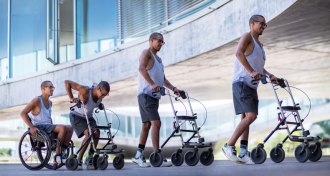 Neuroscience
NeuroscienceStimulating the spinal cord helps 3 more paralyzed people walk
There’s more evidence that with targeted spinal cord stimulation, paralyzed people can move voluntarily — and even walk.
-
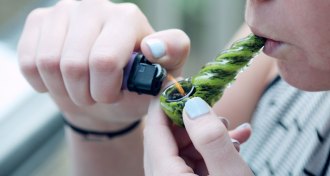 Neuroscience
NeuroscienceYoung people’s memories improved when they stopped using marijuana
After just a week of not using pot, teens’ and young adults’ abilities to remember lists of words got better, a small study finds.
-
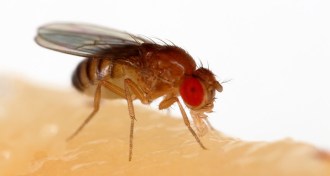 Neuroscience
NeuroscienceMessing with fruit flies’ gut bacteria turns them into speed walkers
Without the right gut microbes, fruit flies walk faster and take shorter rests, results that highlight a new connection between the gut and brain.
-
 Neuroscience
NeuroscienceTo unravel autism’s mysteries, one neuroscientist looks at the developing brain
Autism researcher Kevin Pelphrey focuses on understanding signs of the disorder in the developing brain, which could shed light on the condition.
-
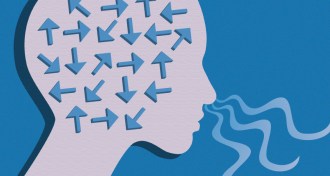 Neuroscience
NeurosciencePeople who have a good sense of smell are also good navigators
A sense of smell and a sense of direction are tangled in the brain, a new study finds.